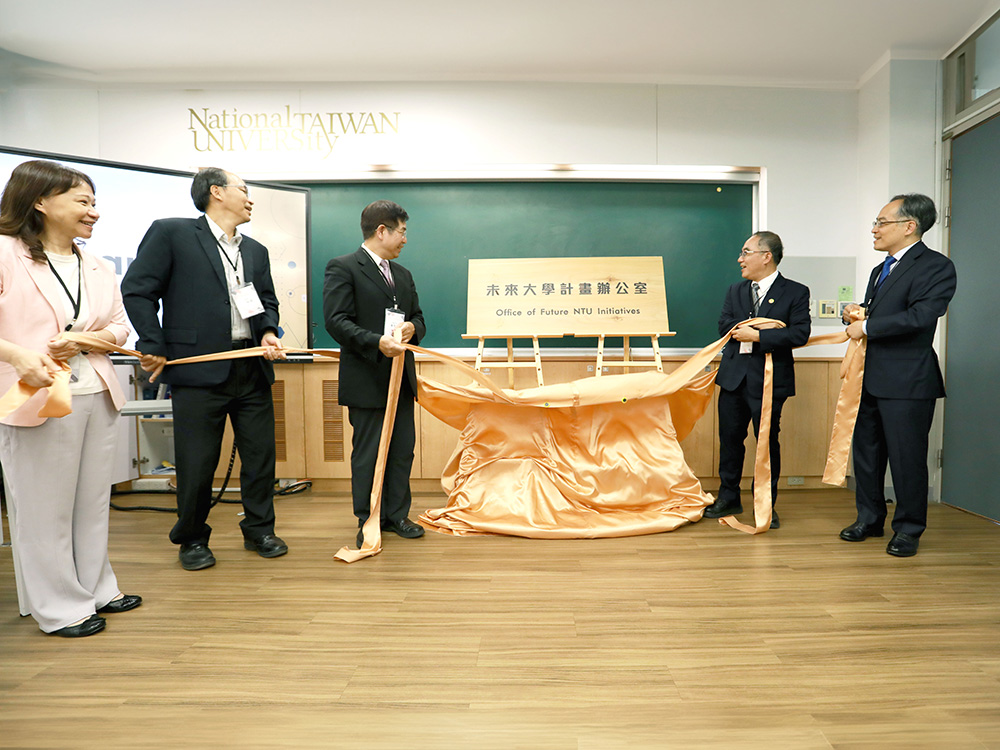
Inauguration of the Office of Future NTU Initiatives at National Taiwan University
瀏覽器版本過舊,或未開啟 javascript
請更新瀏覽器或啟用 javascript
Spotlights
Figure 1. Ribbon cutting for the opening of the AACMM. (From left) Director and Prof. of Materials Science and Engineering Hsin-Chih Lin (林新智); Associate Dean and Prof. of Engineering C. Robert Kao (高振宏); Dean and Prof. of Engineering Wen-Chang Chen (陳文章); British Office Representative Catherine Nettleton; NTU President Ching-Ray Chang (張慶瑞); Former President of the Microscopy Society of Taiwan, Prof. Jer-Ren Yang (楊哲人); Deputy Vice President for Research and Development Chun-Hsien Chen (陳俊顯); Asia Vice President of NanoAnalysis at Oxford Instruments Jonathan Bryon.
Figure 2. The newest detectors and OmniProbe from Oxford Instruments at the NTU AACMM.
NTU and Oxford Instruments announced a strategic partnership focusing on the development of an Advanced Applications Center for Microscopy and Microanalysis (AACMM), and held an opening ceremony for the center on September 4 (Figure 1).
Oxford Instruments plc is a leading provider of high technology solutions, information, and support for industry and research. The partnership leverages NTU’s research and development capabilities by installing a unique, state-of-the-art set of analytical systems from Oxford Instruments that will enable scientists to work at the frontiers of materials analysis. It is envisaged that the unique capabilities of AACMM will support Taiwanese industry to drive a competitive edge through the development of a much deeper understanding of materials performance at the nanoscale.
The solutions from Oxford Instruments are an X-Max Energy Dispersive X-ray Analysis (EDS) system, which includes an X-Max Extreme detector for ultra-high spatial resolution elemental analysis; a Nordlys Electron Backscatter Diffraction Analysis (EBSD) system for high-spatial resolution crystallographic analysis; and an Omniprobe 400 ultra-high precision nanomanipulator (Figure 2), which enables sample manipulation at the nanoscale.
Jonathan Bryon, Asia Vice President of NanoAnalysis at Oxford Instruments, commented, “We are very excited to be establishing a strategic partnership with NTU and we are now in discussions to extend our cooperation across a range of initiatives including the development and implementation of microscopy training schools.” The British Office Taipei expressed strong support for science and innovation cooperation between Taiwan and the UK. “The UK and Taiwan are natural partners in this field,” Office Representative Catherine Nettleton said, “because we both put science and innovation at the heart of our economic growth strategies. I am pleased to see innovative companies like Oxford Instruments spearhead that cooperation.”
Associate Dean and Prof. of Engineering C. Robert Kao (高振宏) said, “We appreciate the British Office Taipei for serving as an intermediary between Taiwan and the UK. This collaboration project and the advanced equipment from the UK will help further local research and development in a reciprocal manner.” AACMM Director and Assistant Prof. Hung-Wei Yen (顏鴻威) remarked, “This collaboration greatly enhances the capability of materials characterizations at NTU. The coming aim of the AACMM is to more efficiently support materials research in Taiwan.”
The UK has set out five priority areas for technological cooperation with Taiwan, namely life sciences, advanced manufacturing, digital economy, space science, and clean energy, which roughly correspond to the "5 + 2 Innovative Industries” plan of the Taiwanese government.
The opening ceremony was followed by a master class to demonstrate the AACMM’s capabilities in materials analysis and nanomanipulation.
(Source: Dr. Hung-Wei Yen, AACMM Director and Assistant Professor of the Department of Materials Science and Engineering at National Taiwan University)

Inauguration of the Office of Future NTU Initiatives at National Taiwan University
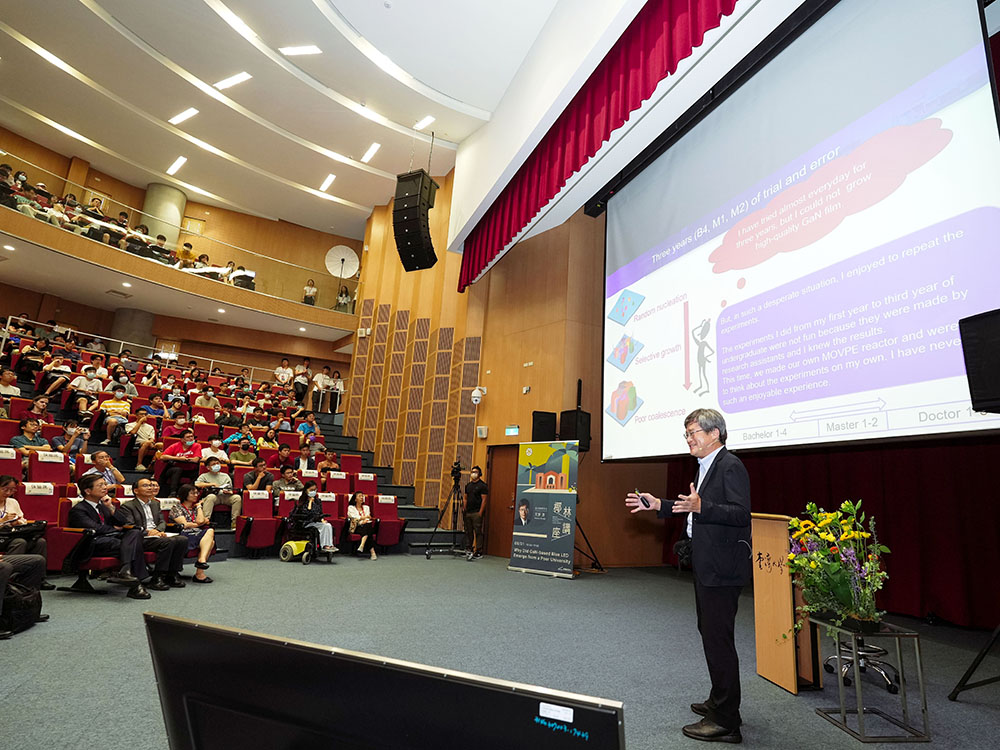
Nobel Laureate Hiroshi Amano's Lecture Marks the Beginning of NTU Royal Palm Lecture Series
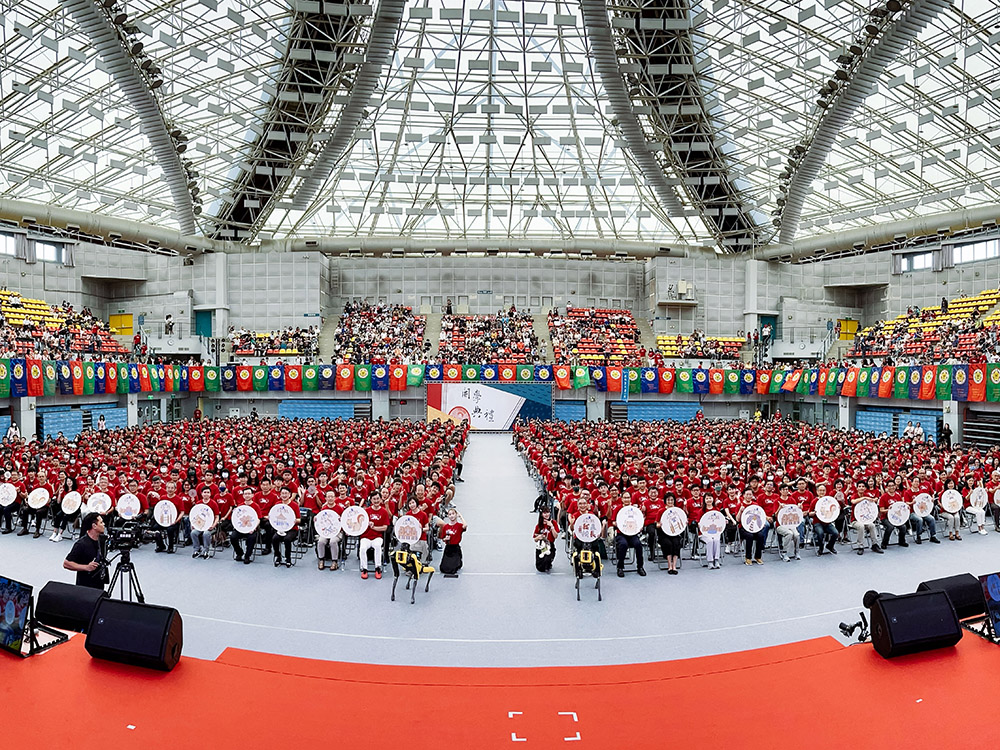
Opening Ceremony for the 112th Academic Year - Welcoming New Students to Become Part of the NTU Family
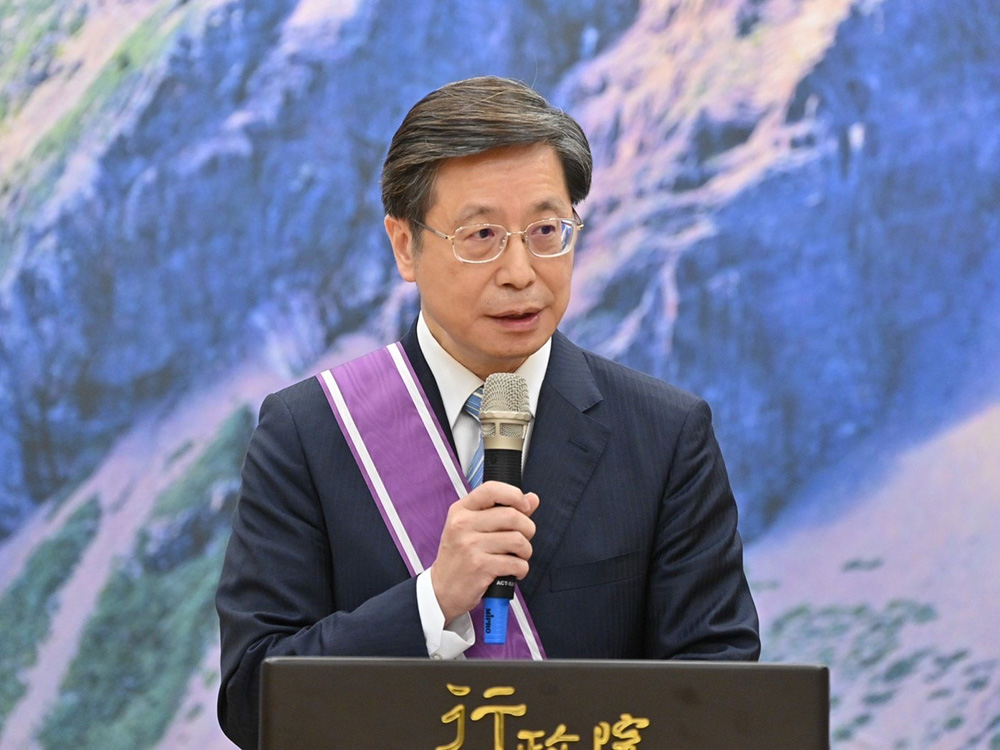
Vice President Shan-Chwen Chang was awarded the Third Class Order of Brilliant Star
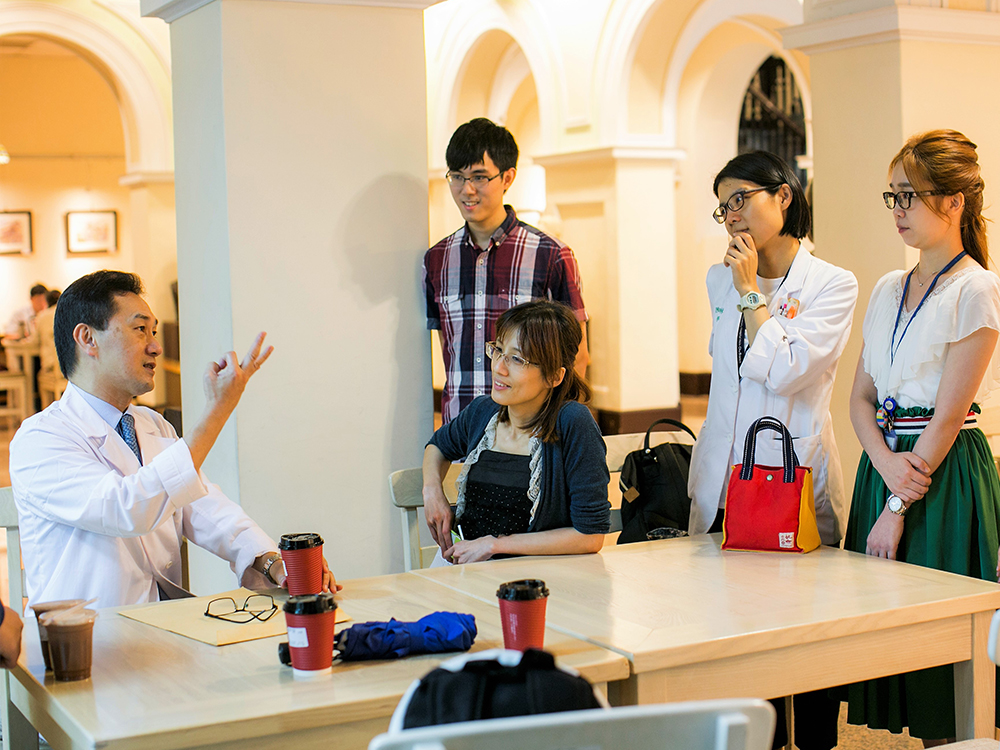
Congratulations! Prof. Lou Pei-Jen receives 2023 National Excellent Teacher Award
Current Spotlights